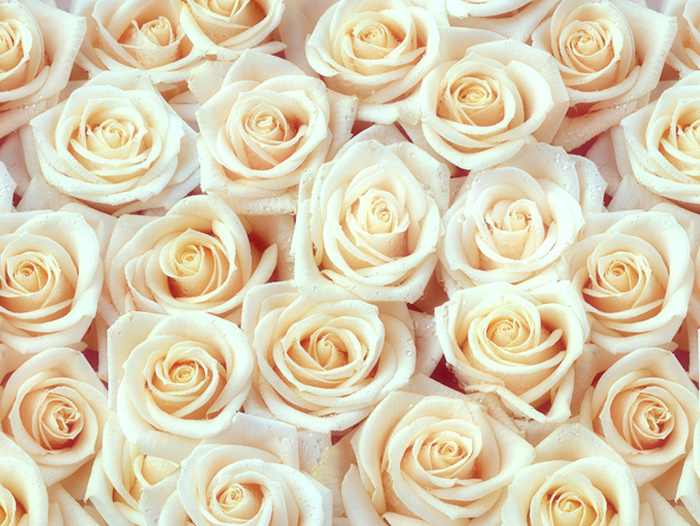U.S. Cut Roses Industry Disappointed by White House Decision to Remove Tariff Protection
November 5, 2020 | 3 min to read

WASHINGTON, DC – The California Cut Flower Commission (“CCFC”) and Certified American Grown (“CAG”), representing the American fresh cut flower industry and hundreds of workers, and farmers, expressed disappointment and concern at the Trump Administration’s decision to remove long-standing duties on imports of cut roses from Ecuador. As a result of the decision, a 6.8% duty that has helped protect the U.S. industry from large volumes of low-priced imports of Ecuadorian fresh cut roses has been eliminated.
“The U.S. industry lost scores of growers over the past 30 years due to trade policies that encouraged imports of low-priced roses from Colombia and then Ecuador, with our industry going from over a hundred to less than 20 large-scale rose producers in the U.S. today,” said Dave Pruitt, CCFC’s Chief Executive Officer and CAG’s Administrator. “It’s both surprising and disappointing that this Administration, which prides itself on protecting American agriculture and workers, would choose to put our industry at further risk. This is especially the case given the catastrophic impact the ongoing pandemic has had on American rose growers.”
Starting in the 1990s, official U.S. trade policies intended to support South America’s economic growth stimulated the growth of a massive export-oriented rose industry in Ecuador where none had existed. Ecuador has grown to become the second largest source of cut roses in the United States, using low prices to push American growers out of the market. The 6.8% tariff was the last remaining impediment to additional import growth.
“Ecuador has been consistently increasing its rose shipments to the United States, while domestic cut rose growers struggle to compete against their low-priced imports,” stated U.S. Congressman Salud Carbajal (CA-24). “The Administration’s unfortunate decision to add roses to the GSP is another devastating blow to our remaining domestic rose farmers, especially as the family farms in my district try to recover from the disastrous losses they suffered, and continue to suffer, due to the unprecedented COVID-19 shutdowns this year. Roses are America’s national flower, and this decision makes it harder for American growers to cultivate them on American soil.”
In March 2020, several importers and the Government of Ecuador petitioned the Administration to add fresh cut roses to the Generalized System of Preferences, thus eliminating the standard 6.8% duty covering these imports. CCFC and CAG opposed these requests, noting the long-term harm of growing imports from Ecuador, the already low import prices, and the risk to the overall future of American growers that would result.
“Our commitment to growing roses right here in America – the official flower of our country – remains unwavering and unchanged,” said Erik Van Wingerden, Chief Executive Officer of Myriad Flowers International. “The decision to remove these duties is a setback to our industry, but for the sake of our businesses, our workers, and our customers, we will continue to innovate and find ways to compete.”
###
About CCFC and CAG
CCFC and CAG are organizations whose members include American producers of cut roses and opposed the addition of cut roses to the Generalized System of Preferences (“GSP”). CCFC was established in 1990, and is a state agency responsible for representing more than 225 cut flower and greens farmers in California, which alone accounts for 77 percent of the total U.S. cut flower value. With roots going back to 2012, CAG is a diverse and unified coalition of U.S. flower farms representing small to large entities across the country. CAG members undergo a third-party system of source verification to establish the only guarantee in the industry that could ensure that the flowers, bouquets, and bunches were grown in the United States. The American flower and greens farms participate in a rigorous audit process prior to receiving their certification that qualifies them to add the Certified American Grown logo to their floral packaging, web sites, and other marketing materials.
For more information, visit ccfc.org and americangrownflowers.org.
